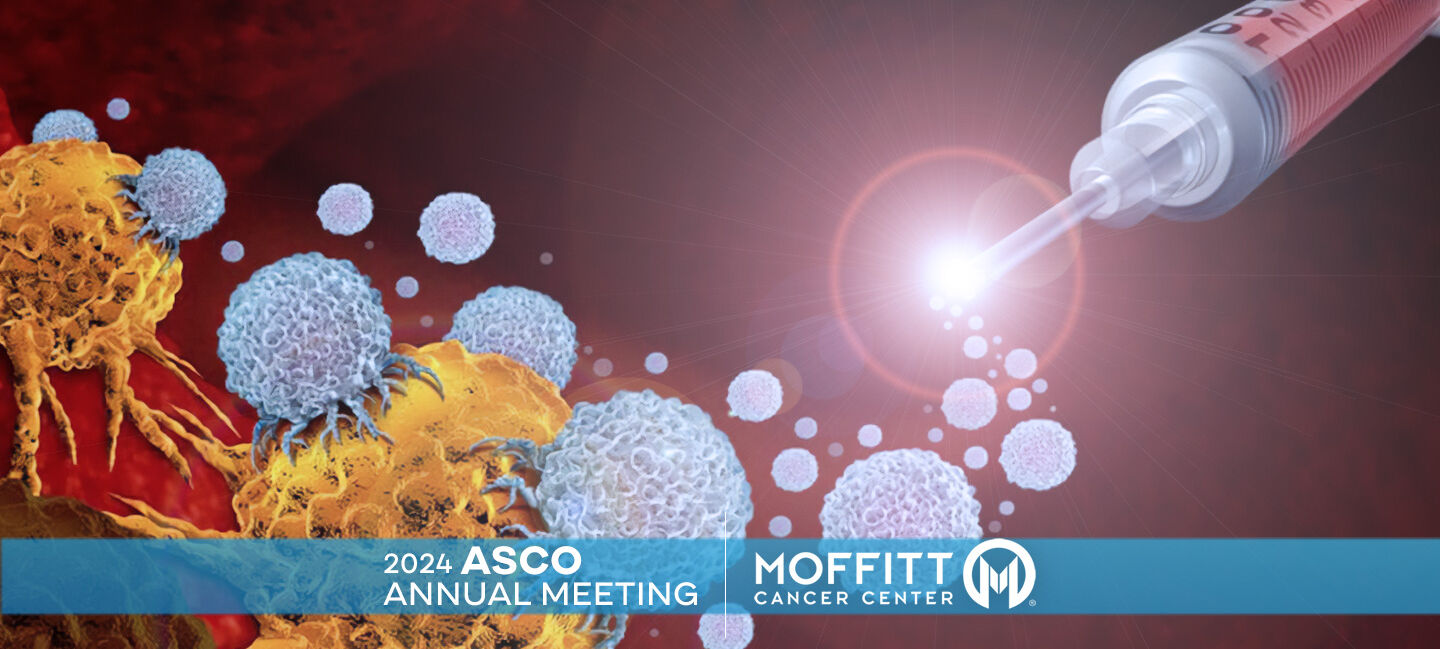Using First-of-its-Kind Vaccine to Treat Leptomeningeal Disease
Leptomeningeal disease is a rare complication that occurs when cancer cells spread from the original tumor site to the meninges, or protective membranes that surround the brain and spinal cord. It occurs in about 5% of breast cancer patients and has a dismal prognosis, many dying within two to four months.
A first-in-human study at Moffitt Cancer Center is investigating if a dendritic cell vaccine could be used to treat leptomeningeal disease in breast cancer patients.
A dendritic cell is a type of immune cell found in tissue that boosts immune response by showing antigens on its surface to other cells of the immune system. They are collected from the blood during a process called apheresis and mixed with a bacterial agent and proteins in the lab to create the vaccine. The vaccine is administered directly into a patient’s spinal fluid.
So far, four patients with either HER2+ or triple negative breast cancer have been treated on the phase 1 trial. All received an injection into their spinal fluid once a week for 12 weeks. The patients have tolerated the treatment well with no severe side effects, and while the trial is still ongoing, a few patients are demonstrating prolonged survival well past the average prognosis.

Peter Forsyth, MD
“This is very exciting because this is a desperate disease where there is no other treatment. We are aiming to cure leptomeningeal disease overall,” said Peter Forsyth, MD, lead investigator and chair of the Neuro-Oncology Department at Moffitt. “We know this treatment is turning on some signals we expect it to turn on, we just don’t know if that’s helpful at this point.”
Forsyth presented the early phases of the trial at the 2024 American Society of Clinical Oncology meeting. The trial hopes to enroll 12 total patients, and the research team is already working on securing the funding to open additional trials testing the vaccine in conjunction with other immunotherapy treatments.



